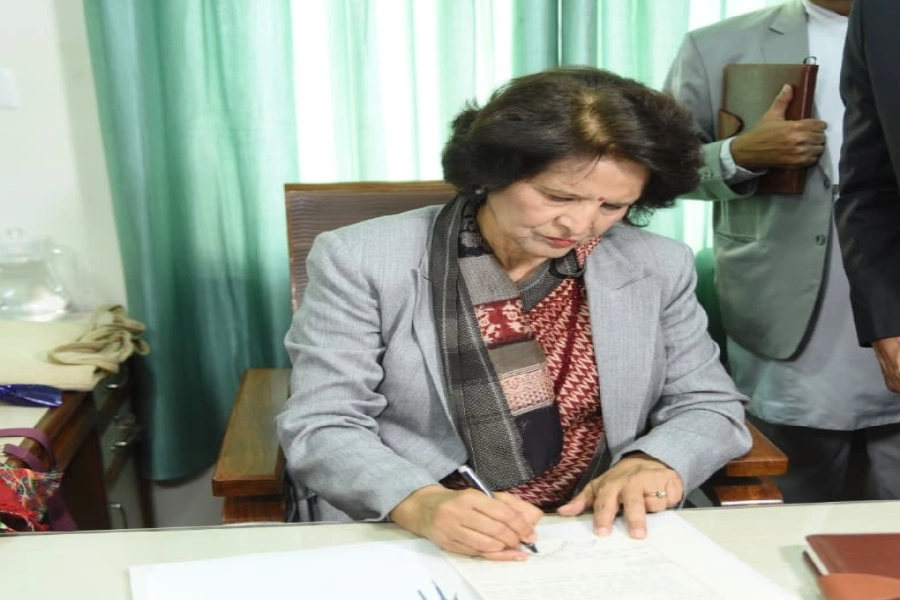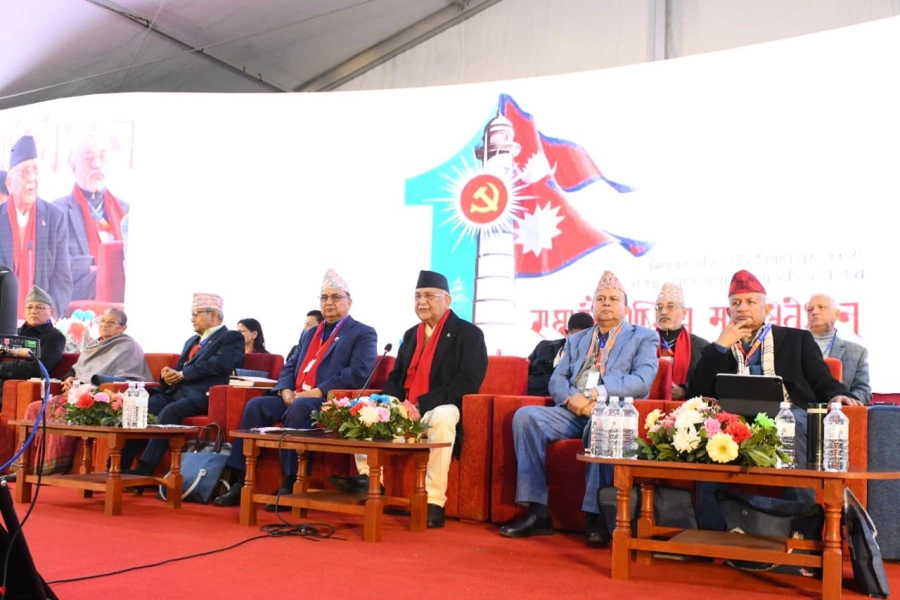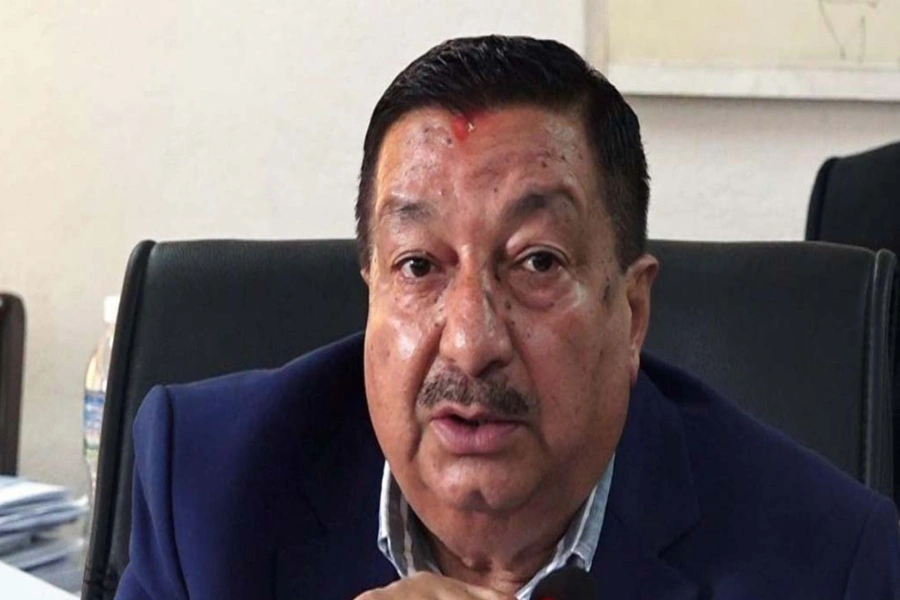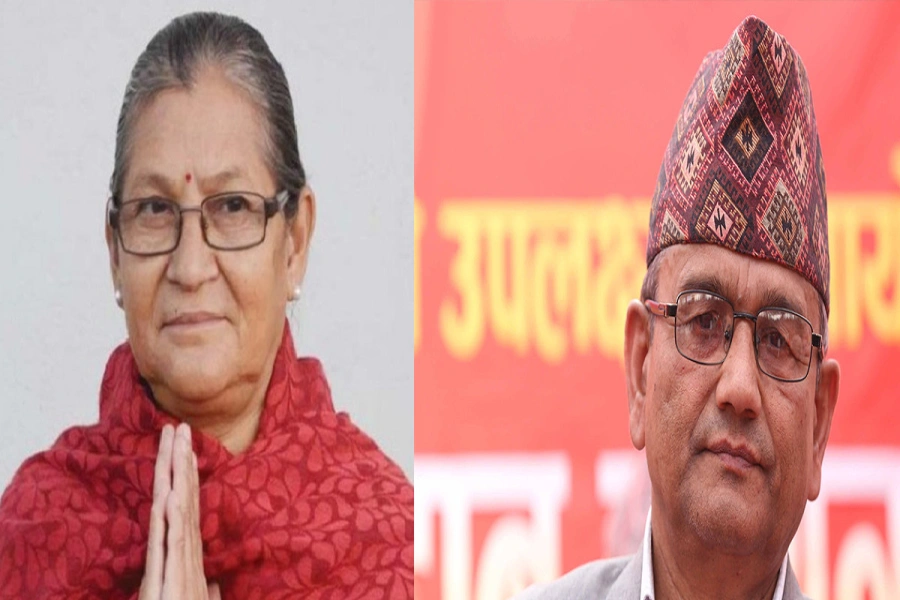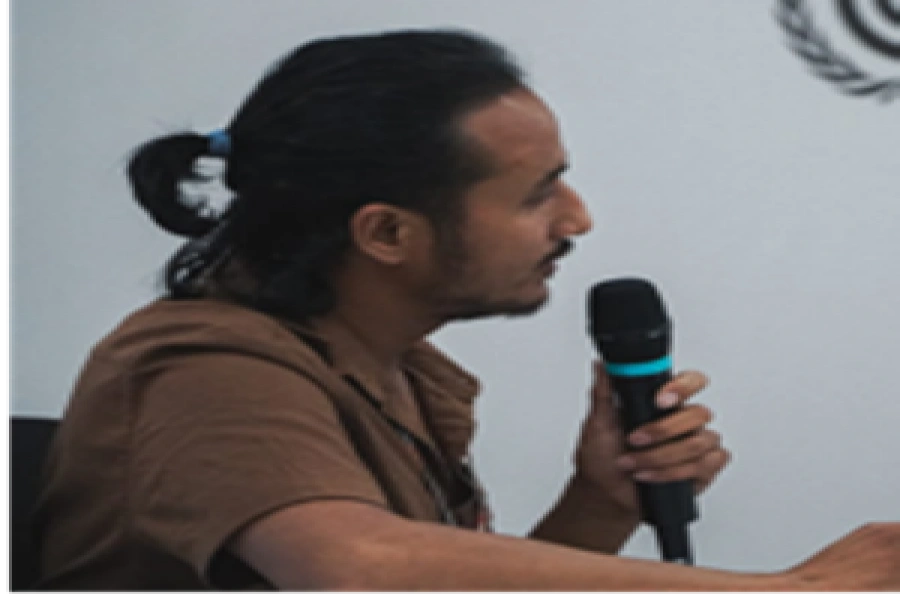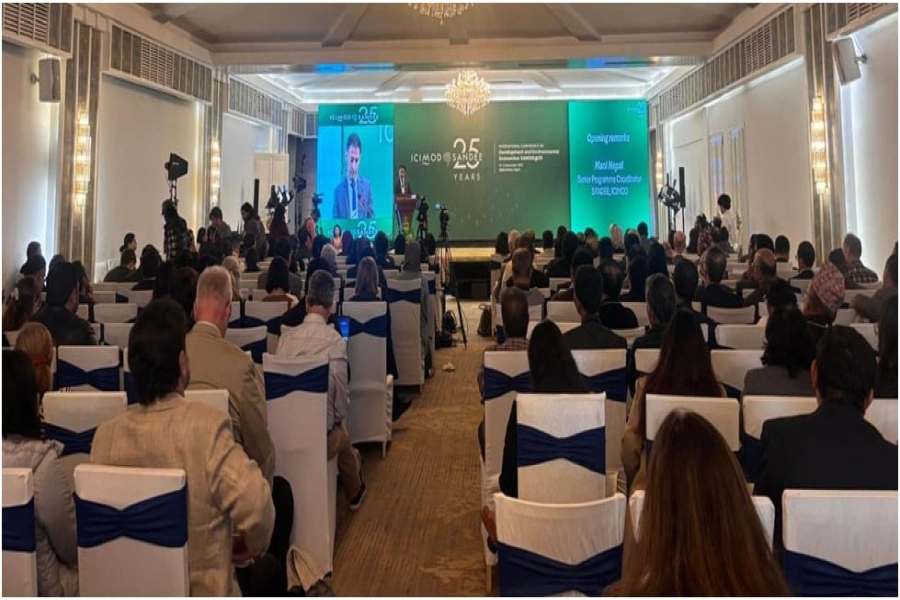KATHMANDU, Jan 12: The parliamentary committee is debating whether to remove or retain the provision for party-based trade unions in the Federal Civil Service Bill. During a meeting with employee trade unions on Friday, the State Affairs and Good Governance Committee of the House of Representatives observed this uncertainty. Experts have suggested replacing party-based trade unions with an official trade union. Most lawmakers have emphasized the need for only one trade union.
Sub-article 3 of Article 34 of the current constitution grants every worker the right to form a trade union, participate in it, and engage in collective bargaining in accordance with the law. The second amendment to the Civil Service Act of 2049 BS allowed the formation of party-based trade unions. Currently, six trade unions exist based on party affiliation.
The proposed Federal Civil Service Bill, 2080 BS, which aims to regulate the formation, operation, and terms of service of the federal civil service, does not restrict the formation of party-based trade unions. The bill provides for the establishment of national-level trade unions and official trade unions. The Public Service Commission has also recommended that the committee allow only one trade union.
In the committee meeting, CPN-UML MP Raghuji Pant expressed his personal support for having only one trade union. He proposed that the major political parties reach a consensus on the issue due to differing opinions on trade union rights. MPs such as Ashok Rai from the Janata Samajbadi Party (JSP) and Sarita Prasai from Nepali Congress (NC) also supported having just one trade union. However, employee organizations affiliated with NC and UML opposed the idea of having only one trade union.
Chaos, united

At the committee meeting on Friday, Gopal Prasad Pokhrel, president of the employee union affiliated with NC, stated that discussing singularity is inappropriate when pluralism has been adopted. He emphasized that everyone should have the right to form a trade union. He added that the right to form a trade union should remain unrestricted, and if trade unions become anarchic, they should face legal action. He also mentioned that while trade unions are involved in most transfer-related matters, the government should handle transfers, and it is not appropriate for the unions to intervene.
He suggested that the ministry secretary should serve three-year tenure and that employees should be eligible for level promotion after completing seven years of service. He also proposed sending federal employees to the provincial secretariat for five years, after which they should be allowed to stay within the province.
Lekhnath Koirala, the president of the employee organization affiliated with UML, urged lawmakers not to restrict the right to form trade unions and recommended that the law should focus on organizing them. He proposed raising the retirement age of employees from 58 to 60 years and setting the service entry age at 35 years for men and 40 years for women. He also suggested introducing a provision for inter-provincial transfers for municipal and provincial employees. Furthermore, he stated that the government should establish criteria to make over 60,000 temporary daily wages and contract employees permanent, while retiring the rest.
Ambadutta Bhatta, the president of the National Employees' Organization of Nepal affiliated with the CPN (Maoist Center), stated that trade unions do not hinder good governance. He clarified that trade unions have not obstructed the government's efforts to promote effective governance.
He also highlighted that transfers are currently being made based on voting preferences. He noted that the law does not provide a clear provision regarding this issue. Bhuwaneshwar Chaudhary, the president of the Nepal Civil Service Madhesi Employees Forum, proposed a provision for promotions every five years after entering service. He also mentioned that in the provinces, employees receive promotions twice within ten years.
Sharan Gurung, the president of the Swatantra Rastra Sewak Karmachari Sangathan, argued for the abolition of party-based trade unions. He proposed classifying all employees based on their respective ranks.
Yam Bahadur Khatri, the president of the Yekikrit Sarkari Karmachari Sangathan affiliated with the CPN (Unified Socialist), urged the committee to retain the provision in Section 53 of the Civil Service Act 2049 BS that allows the formation of trade unions. He also recommended converting the Civil Service Act into a Citizens' Act. He emphasized the need for a provision to compensate citizens for any harm caused by employees' failure to perform their duties and suggested making transfers on a rotational basis.
Before 2064 BS, the law allowed civil servants to form only one trade union. It did not recognize trade unions formed based on political party affiliations. On August 8, 2007, the Civil Service Act 2049 BS was amended for the second time, allowing the formation of party-based trade unions under Section 53. With the law permitting the formation of a trade union upon obtaining the signatures of 5,000 employees, trade unions began to be registered according to political parties, and this trend has continued to grow.



